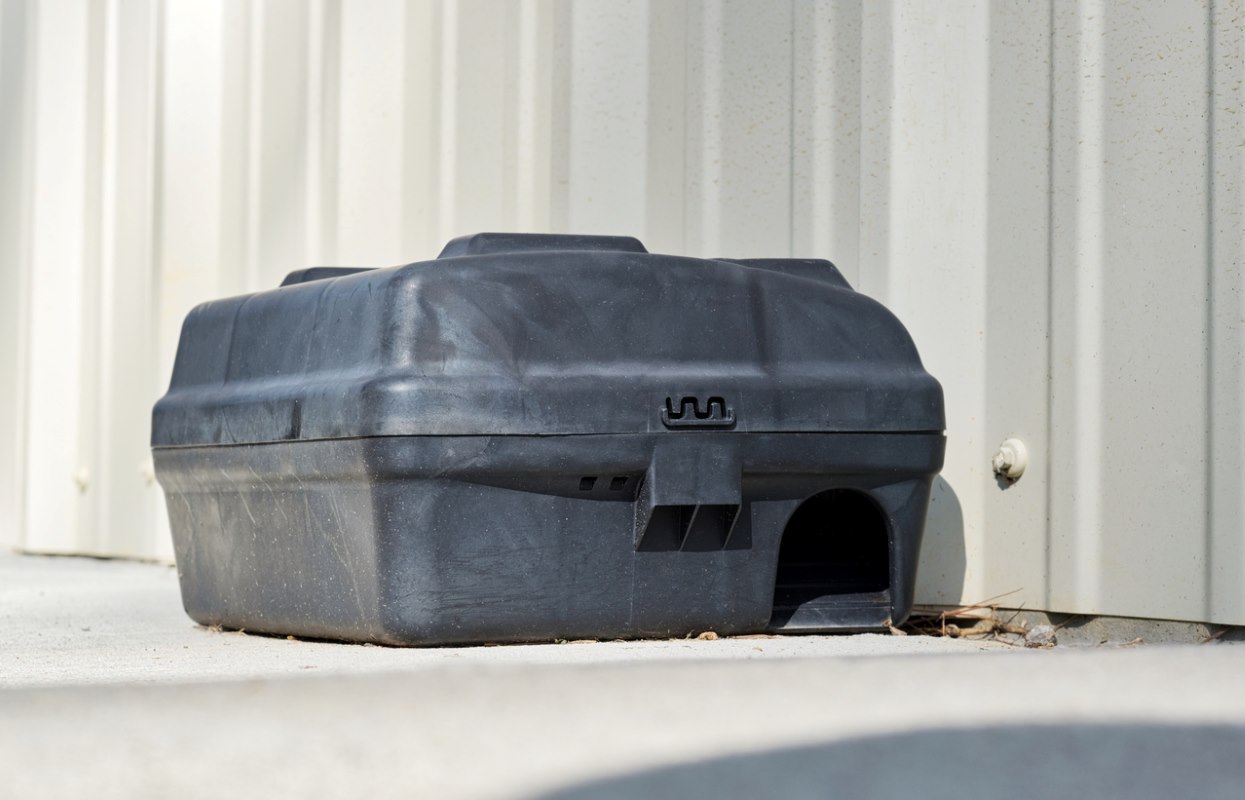The changing of the leaves brings a new beautiful season—and new potential pest issues. Among the most common fall pest problems for residents across North Carolina are rodents, specifically mice and rats. From mice nibbling through your pantry to rats nesting in your attic, if you’re dreading a rodent invasion this fall, learn how to put those worries to rest with Clegg’s Pest Control.
We’ve gathered some practical tips for removing and preventing rodents from entering your North Carolina home.
Why Is There a Rodent Problem in My Home?
Rodents often find their way into your home because it provides shelter, water, and food. However, having mice or rats in your living space isn’t just a nuisance. These pests carry several diseases, contaminate your food, and damage your property. If they feel cornered, rats and mice may even bite you and your loved ones. To best prepare for any rodent problems this fall, read on to learn more about the different types of rodents you may encounter.
Common Types of Rodents in North Carolina
While the many types of rodents found across North Carolina share several similarities, there are also stark differences worth knowing. Let us share some of these distinct characteristics of common North Carolina rodents:
- House mice. Small and adaptable creatures with brown or gray bodies and are usually five to seven inches in size
- Deer mice. Rarely come indoors, but seek shelter in covered areas in your yard, like hollowed trees and debris piles
- Roof rats. Skilled climbers that often use roofs and attics as a form of shelter
- Norway rats. Less adaptable climbers, but more aggressive and notorious disease carriers
If you discover rodents in your home, however, the safest way to identify them is with the help of rodent control professionals.
How To Prevent Rodents in Your North Carolina Home
With fall and winter weather approaching, rats and mice will become bolder in their search for shelter, food, and water. You’ll need helpful tips and tricks to protect your home from a potential rodent problem. Allow us to share with you several fall rodent control tips to use in your North Carolina home.
1. Seal Entry Points

Mice and rats often enter your property through small openings near your doors, windows, and foundation. Inspect your property for these openings and seal them up as soon as you find them. We recommend using caulk for a longer-lasting solution to sealing cracks and crevices.
2. Proper Food Storage
Since rodents are attracted to open food sources, you’ll want to check that no morsel of food is left out in the open. Use airtight food containers with lids and store each container out of rodents’ reach, such as in a refrigerator. Check that you also give the same protection to your pet’s food, which can also attract mice and rats.
3. Clean Up Excess Moisture and Crumbs
Once you have stored your food, go back through and see no leftover crumbs or food residue on your countertops or floors. Also, check for water spills and excess moisture, which leads to potential rodent problems.
4. Declutter Storage Areas
Rodents often hide in piles of clutter in secluded areas of the house, including basements, garages, and attics. To prevent giving a haven to these vermin, keep your storage areas clean and tidy to eliminate clutter from piling up. We recommend using sturdy storage containers with lids to keep loose items organized. Don’t forget about outdoor storage areas such as crawl spaces!
5. Set Up Traps
Set up rodent traps throughout your property to catch them in the act of infesting your home! Place each trap near areas where rodents are most active, but keep them away from the reach of children and pets.
6. Keep Your Yard Clean
Don’t limit your rodent control practices just to the indoors. Practice good lawn care habits to avoid leaf litter, debris, and other potential shelter or nesting material for rodents. We also strongly advise you to check through and organize your shed to prevent clutter from collecting.
7. Check for Signs of Rodent Activity

The early stages of a rodent infestation are not often spotted by seeing a mouse or rat out in the open. It’s actually through what these unwanted visitors leave behind. If you suspect a potential problem in your home, conduct a thorough inspection of your property and look out for the following signs of any rodent activity:
- Droppings or fur in your kitchen
- Gnaw marks on furniture or food storage
- Shredded cardboard, paper, or insulation
- Scratching noise at night
- Grease smears on baseboards
If you detect any of the previously mentioned signs or simply spot a rodent roaming around in your home, give our pest control professionals a call for immediate assistance.
8. Contact Professional Rodent Control
The best action against your pest problem is to contact professional rodent control services for help. Removing your rodent problems with homemade DIY methods may provide temporary relief, but mice and rats are determined pests that are dangerous to deal with on your own.
Pest control professionals have the knowledge, tools, and experience necessary to thoroughly inspect your living space and provide long-term solutions for rodent control, removal, and prevention.
Request North Carolina Rodent Control From Clegg’s Pest Control
When you need the best rodent control services in North Carolina this fall and winter, turn to Clegg’s Pest Control. Our reliable team of professional, experienced technicians will provide specially tailored solutions to control and prevent rodent issues. If you’re dealing with other pests, we’ve got you covered with our residential pest control services.
Enjoy your fall without a rodent problem by contacting us or finding your nearest Clegg’s Pest Control branch today!

